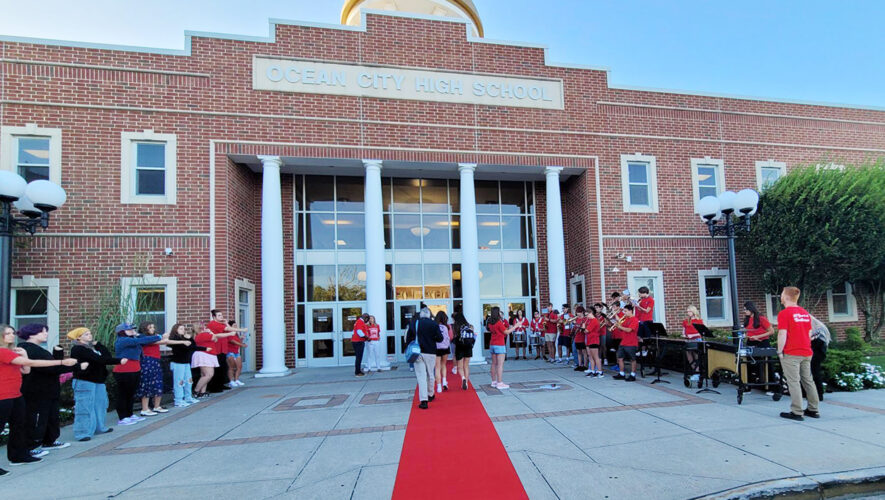Council borrows from fund to offset COVID-19 shorfall
By DAVID NAHAN/Sentinel staff
OCEAN CITY – Ocean City plans to take $1.2 million from its fund balance to make up for budget shortfalls caused by the COVID-19 pandemic, a move that prompted City Councilman Keith Hartzell to ask if the city should consider raising user fees.
The borrowing is to prevent a bigger tax hike in the next budget year.
Council members voted unanimously to approve, on first reading, an ordinance that allows the city to apply to the state Division of Local Government Services to support the “special emergency” amount of $1.2 million.
In August, the state approved a public law that allowed local governments to alleviate shortfalls caused by the pandemic so the impact wouldn’t hit taxpayers with a higher tax levy in 2021. The money borrowed would be repaid to the fund balance over five years at $240,000 per year, spreading out the impact, as explained by city Finance Director Frank Donato.
The pandemic hit the city revenues in four areas: parking, municipal court, EMS receipts for ambulance runs and the Aquatic and Fitness Center, which was closed for months because of restrictions imposed by Gov. Phil Murphy.
Second reading and a public hearing on the ordinance will be Jan. 28.
Before it was approved, Hartzell asked, “Would we look at raising fees to get some of this money back? I’m just throwing it out there.”
Mayor Jay Gillian said he’d rather have Donato and Business Administrator George Savastano look for ways to cut expenses in the next budget. The business community has been hit hard, he said, and although “in government it’s easy to raise taxes,” council and the administration have worked to be very conservative.
“If there are things you think we can tweak, we’ll definitely look at it,” Gillian said. “Right now with everyone hurting so bad ….”
Before Gillian could finish his statement, Hartzell interrupted.
“I wouldn’t do it now, but when things are going well,” he said. After saying the changes could be temporary and that “either way the taxpayer is going to pay” even if the borrowed $1.2 million is repaid over five years, Hartzell added, “This is blasphemy, I know, but sometimes those user fees are fairer. Only people who use them pay them.”
He used the example of beach tags. “I don’t go to the beach, I don’t buy a tag.”
Overall, he said, he was just making a suggestion.
“Maybe it’s not worth it. I just want to keep an open mind,” he said.
He concluded that if the resort has a great summer, the city wouldn’t need it.



